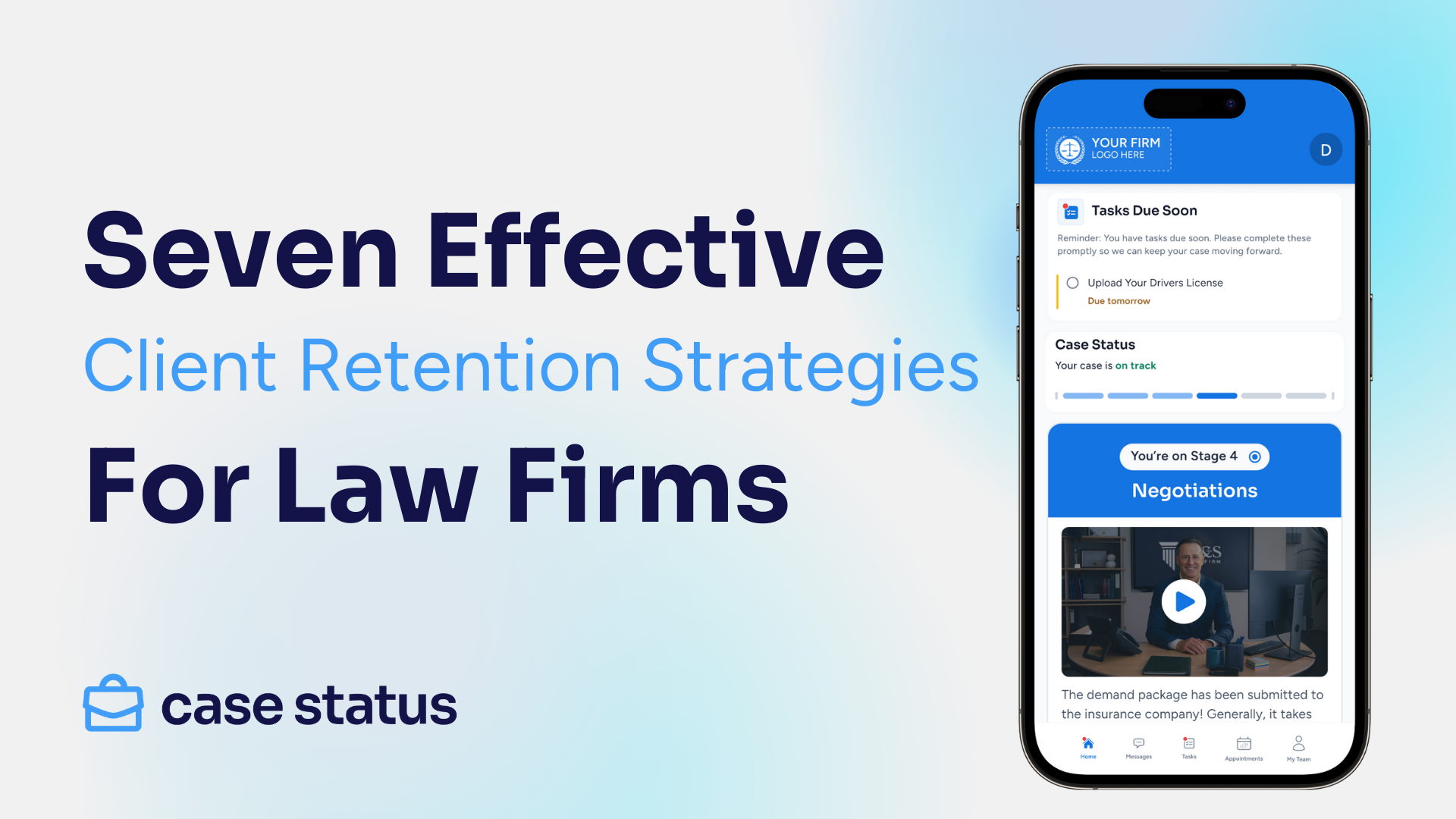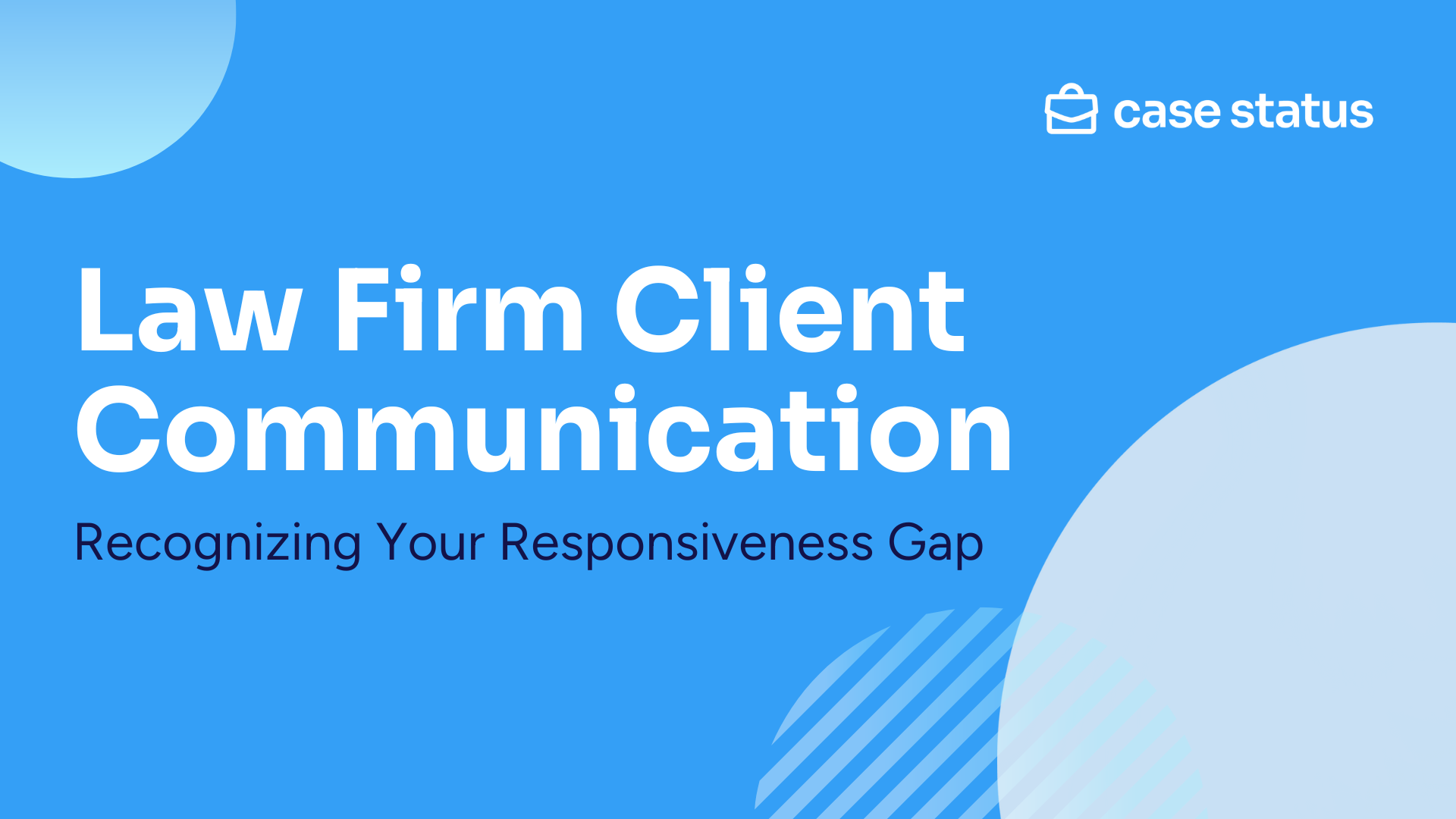
Is There An AI for Legal Questions?
Legal documents are notoriously dense and full of jargon, making them challenging for even the most experienced lawyers to navigate. However, AI tools can read through these documents with lightning-fast speed and accuracy, flagging essential information such as statutes or case precedents that might be relevant to a particular case or issue.
Legal AI Tools: Transforming Practice
Theoretically, anyone can use AI for legal research given the vast array of free tools available on the Internet today. The only issue is that platforms like ChatGPT are designed for general audiences, not lawyers. It's likely to be able to summarize things like a legal document, but it doesn't have the specialized knowledge and context that a legal professional would possess.
This begs a question - is there AI for lawyers?
The answer is yes. Legal-specific AI tools are being developed and implemented by legal professionals to streamline their workflows, increase efficiency, and provide better service to their clients. This technology is incredibly versatile and can be applied to various aspects of legal practice, such as contract review, document analysis, due diligence, and legal research.
Best Tools for Lawyers: A Closer Look
As the legal industry continues to evolve, so does the need for efficient and effective tools that help lawyers streamline their work and increase productivity. With advancements in technology, there are now a plethora of tools available specifically designed for lawyers. These tools not only help in managing legal documents and tasks, but also aid in research, organization, and communication.
Here are a few examples:
Client Intake Software
Client intake software, such as Clio or PracticePanther, collects client details and creates centralized profiles for easy access.
Case Management Software
Case management software handles much of what's involved after intake, such as document management, scheduling, and billing.
Legal Research Tools
These platforms, like LexisNexis and Westlaw, provide access to legal resources and databases for comprehensive research.
Client Engagement Software
Case Status AI, Case Status's innovative client engagement tool, leverages applied AI to enhance legal client services. It predicts and recommends responses to client messages based on a firm's data, streamlining communication and improving efficiency.
Document Automation Software
Tools such as HotDocs and ContractExpress help lawyers create documents quickly by automating repetitive tasks.
AI Lawyer Apps: Accessibility and Convenience
Artificial Intelligence introduces a world of possibilities with respect to digital lawyer tools. AI lawyer app solutions, for example, have emerged as a game-changer in the industry, making legal assistance more accessible and convenient for individuals and businesses alike.
These apps utilize advanced machine learning algorithms to understand complex legal issues, gather relevant information, and provide personalized solutions for users. They can answer a wide range of legal questions on various topics, from simple inquiries about traffic violations to more complex issues like contract disputes.
Can AI Write Legal Documents?
AI can indeed automate the drafting process and provide a solution for lawyers who struggle with document creation.
Algorithms work by reviewing sentences line by line to interpret their meaning, and then generate new content based on the likeliest phrases and words that would be used by a human. The applications in legal documentation are broad, ranging from drafting standard contracts to creating complex legal briefs.
AI for Legal Questions and Matters
Legal AI isn't yet advanced enough to serve as a replacement for human lawyers, but it has a lot of potential to enhance the legal field. Consultative and advisory capabilities are a great example.
Being informed by large amounts of training data, today's models possess reasonable judgement and can provide preliminary answers to legal inquiries. This can be a huge asset for lawyers, as it takes away some of the initial research work, leaving them with more time to focus on deeper analysis and strategy.
AI systems are also equipped with natural language processing capabilities, which enable them to understand and interpret human language in the context of legal matters. This allows them to sift through large amounts of legal data and extract relevant information, providing lawyers with a better understanding of their case.
The Future of AI and Law
There's no telling what the future of AI in the legal field will look like, but one thing is for certain – it's going to be revolutionary. With advancements in technology and machine learning, AI has already begun to make its mark on the legal industry. From document review and contract analysis to legal research and predictive analytics, AI is streamlining processes and increasing efficiency in law firms around the world.
It is important to recognize, however, that AI is not a substitute for human lawyers. While it may be able to handle certain tasks with greater speed and accuracy, AI cannot replace the critical thinking, empathy, and ethical decision-making skills that are essential in the practice of law.
It will be imperative in the coming years to strike a balance between the use of AI and human oversight in the legal field. This means having clear guidelines and regulations for the use of AI, as well as implementing ethical standards for its development and deployment.
Lawyers should take the opportunity to learn more about AI and its potential impact on the legal industry, too. We may not know exactly what the legal field will look like a decade from now, but by all indications, it's set to involve this new technology in some way. Getting ahead of the curve and staying informed will allow lawyers to adapt and thrive in this changing landscape.
Is There An AI That Helps With Legal Matters? Yes, and It's Called Case Status AI.
Case Status AI by Case Status allows customization of responses for tone and style and continually improves through feedback. It also supports translation into 138 languages, enabling seamless communication with diverse clients. By anticipating future interactions and analyzing client sentiment, Case Status AI empowers law firms to proactively manage and enhance client relationships. Demo now!



